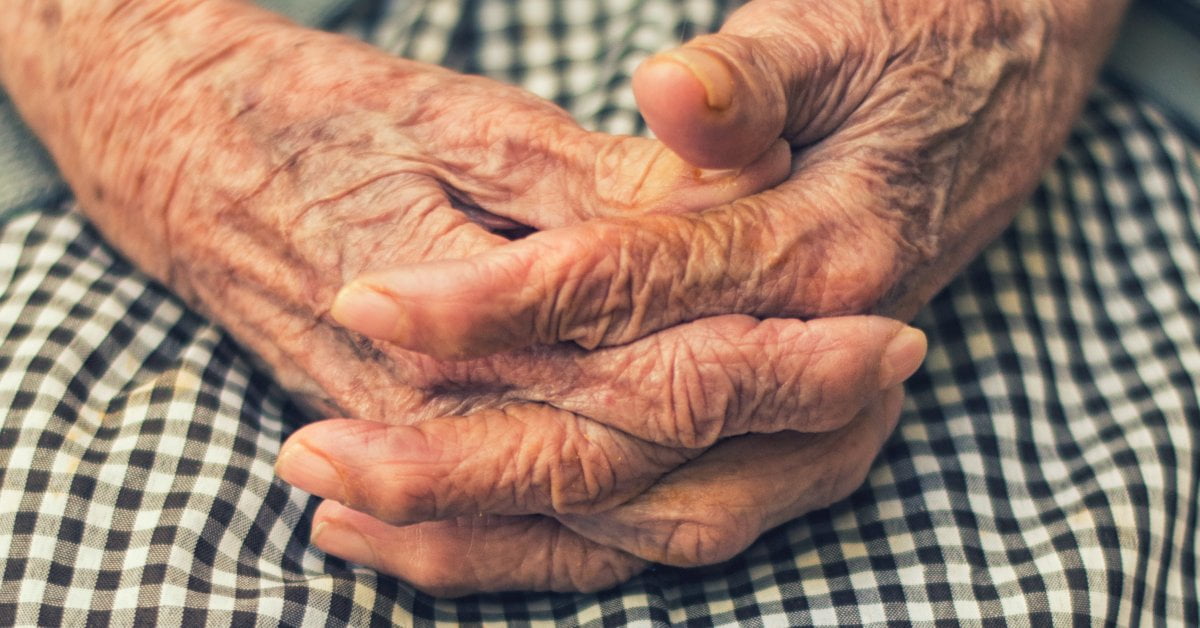Apparently, our lifespan is strongly impacted by our blood iron levels.

A new study published in Nature Communications has found evidence that blood iron levels may be influencing how long you will live.
While longevity studies should not be taken at face value, this new research is massive, containing the genetic information of more than 1 million people across three public databases.
It focused on three key measures of ageing:
- lifespan,
- healthspan, that is disease free years
- longevity, or making it to old age
The analysis revelaed that 10 key regions of the genome relate to these measures of long life – and interestingly, so were gene sets normally linked to how the body metabolises iron.
In essence, having higher levels of iron in the blood are linked with a higher risk of early death.
In the words of Paul Timmers, from the University of Edinburgh in the UK: “We are very excited by these findings as they strongly suggest that high levels of iron in the blood reduces our healthy years of life, and keeping these levels in check could prevent age-related damage.”

“We speculate that our findings on iron metabolism might also start to explain why very high levels of iron-rich red meat in the diet has been linked to age-related conditions such as heart disease.”
The researchers used a statistical technique called Mendelian randomisation to reduce bias and attempt to infer causation in the data.
They note that while genetics are thought to have around a 10 percent influence on lifespan and healthspan, and this can make it difficult to separate the genes involved from all the other factors (such as smoking or drinking) that impact one’s lifespan. However a strong advantage of this new research is it’s massive size and scope.
While some genetic markers such as APOE and FOXO3 have been previously discovered to play a role in the ageing process and human health, five markers were highlighted for the first time to be significant in the process.
“It is clear from the association of age-related diseases and the well-known ageing loci APOE and FOXO3 that we are capturing the human ageing process to some extent,” states the paper.

Although at this stage it’s early to declare a clear association between ageing and iron metabolism, similar research could lead to the development of longevity enhancing drugs by lowering the levels of iron in our blood.
One’s blood iron levels are mostly controlled by diet and they are known to be connected with sicknesses most commonly affecting the elderly – such as Parkinson’s and liver disease. It also plays a factor in our immune systems ability to fight off infections.
This study joins the mounding body of evidence that not being able to break down iron properly – so called ‘iron overload’ – may influence how long we’re able to live, as well as our health levels at later stages in life.
Or as Joris Deelen, who studies the biology of ageing at the Max Planck Institute for Biology of Ageing in Germany sums it up: “Our ultimate aim is to discover how ageing is regulated and find ways to increase health during ageing. The 10 regions of the genome we have discovered that are linked to lifespan, healthspan, and longevity are all exciting candidates for further studies.”
Sources: 1, 2, 3
